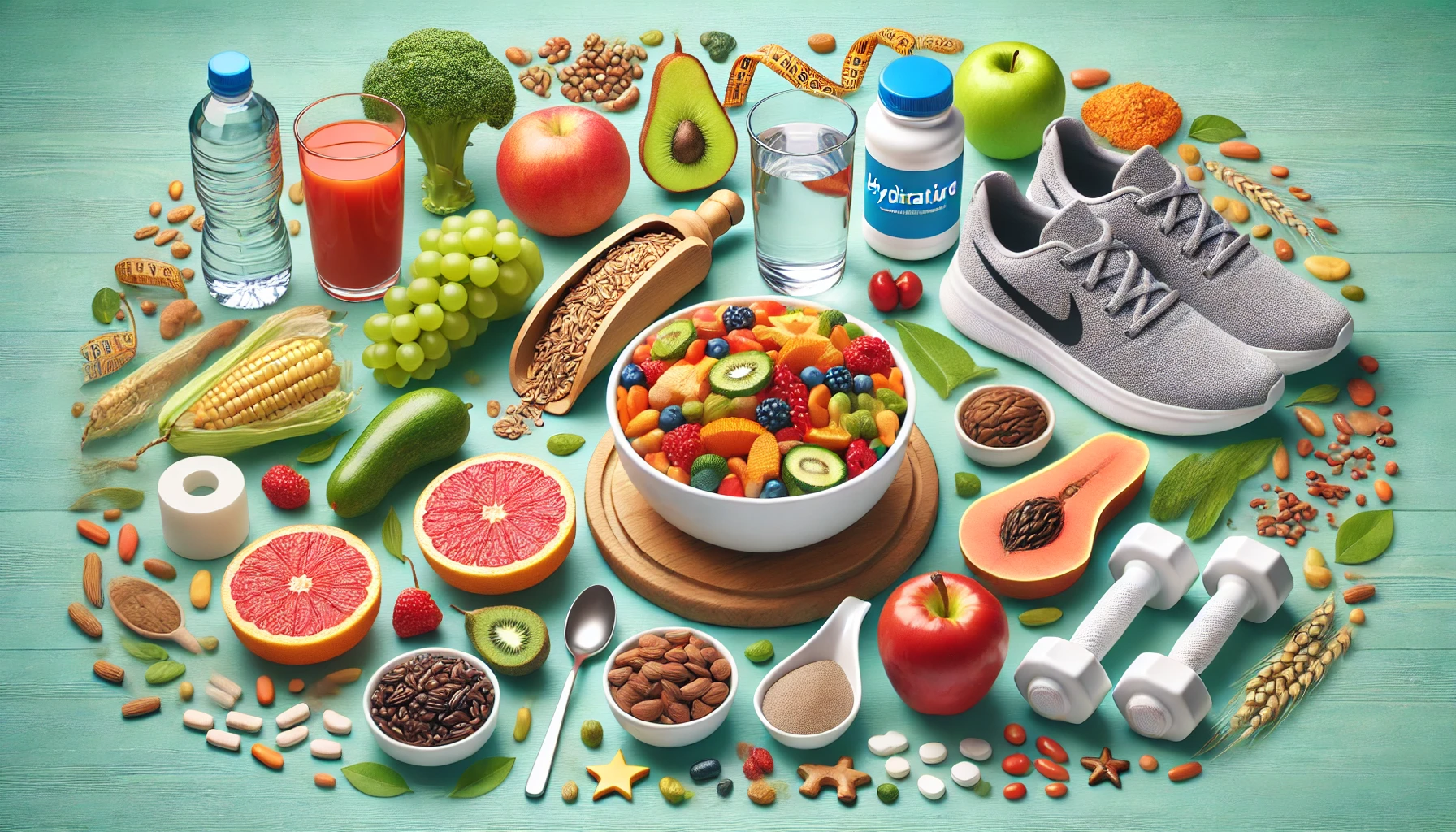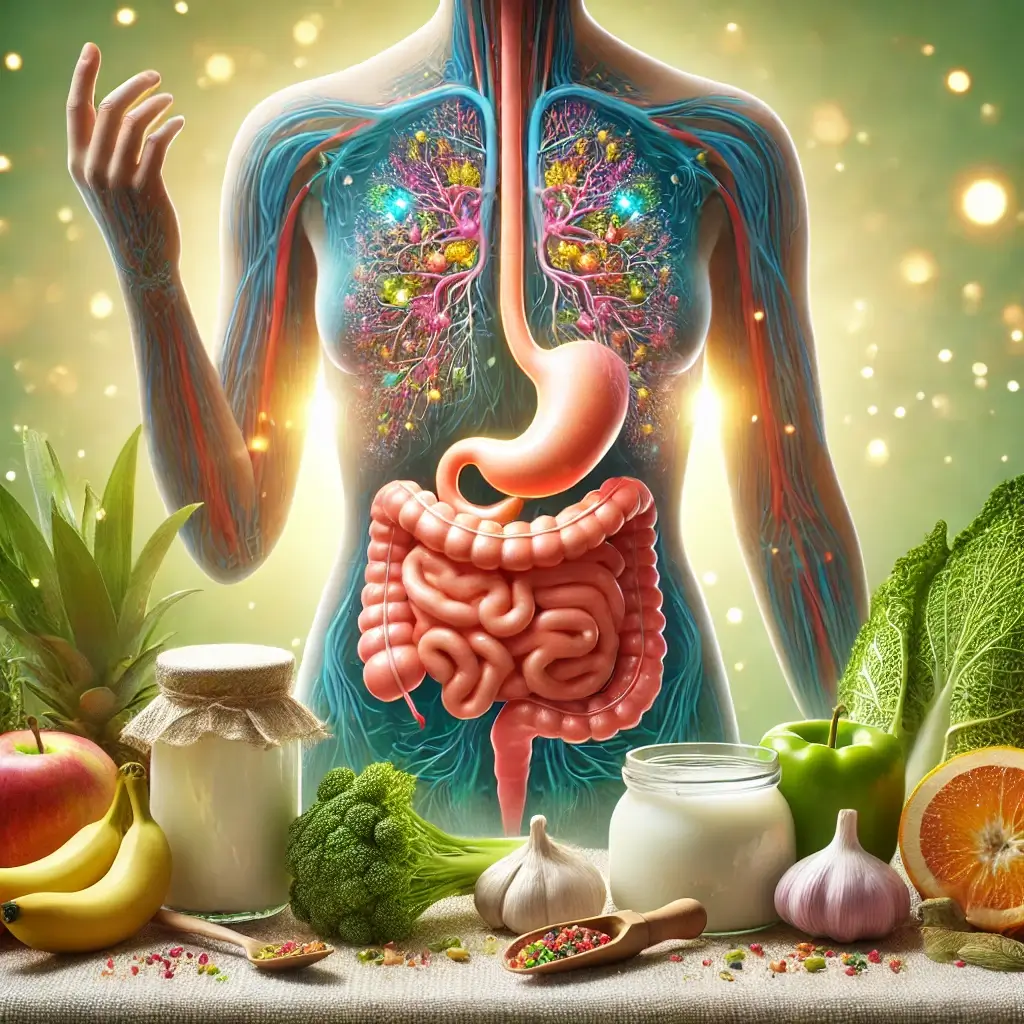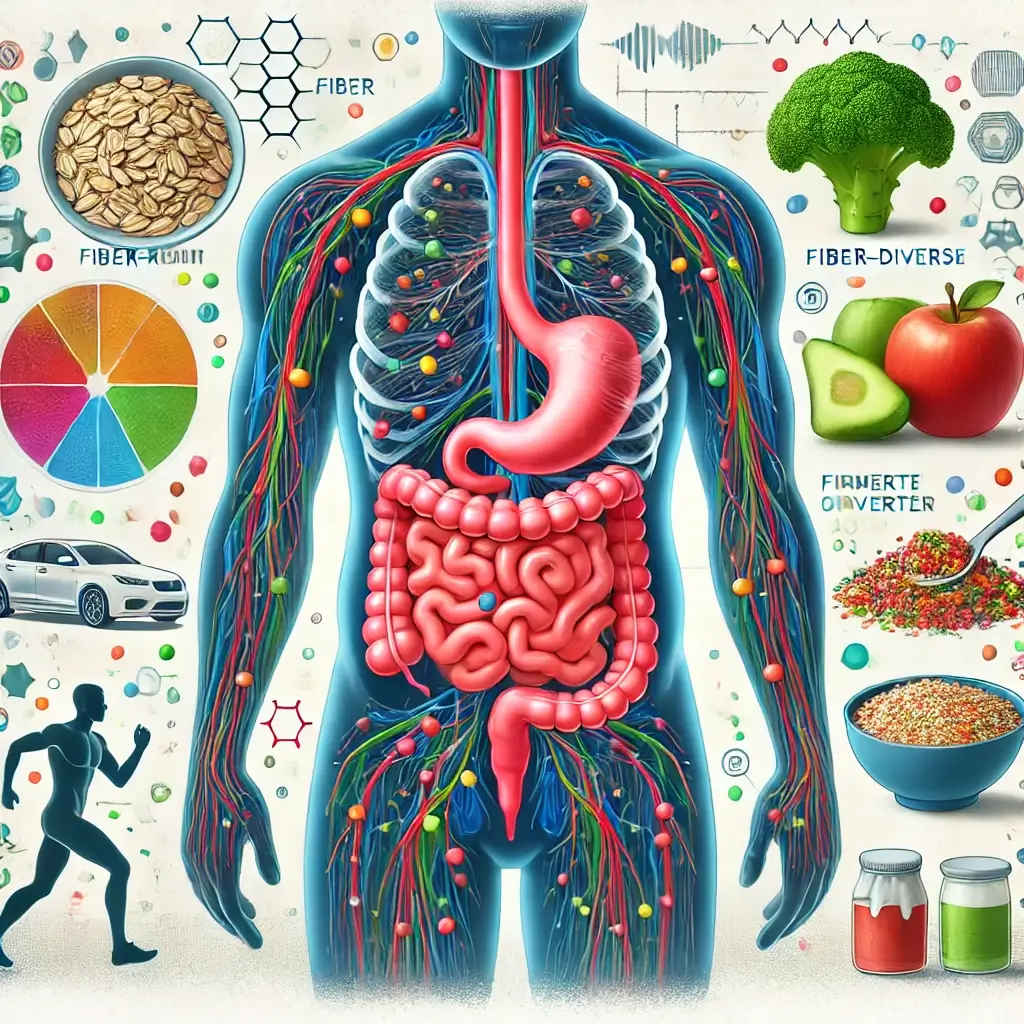Say Goodbye to Constipation: The Best Lifestyle and Medical Treatments
The Best Remedy for Constipation
The most effective treatment for constipation is determined by its etiology and severity. Here’s an overview of some common approaches:
Lifestyle Changes
To increase your fiber intake for constipation, eat 25-38 grams daily of fruits, vegetables, whole grains, legumes, and nuts.
Drink plenty of fluids: Water softens stools and promotes regularity.
Regular exercise stimulates the digestive system, which can help prevent constipation.
Establish a regular bathroom routine: Even if you don’t feel like it, try using the restroom at the same time daily.
Over-the-Counter Medications
Fiber supplements such as psyllium husk (Metamucil) and methylcellulose (Citrucel) can help increase stool volume and make it easier to pass.
Stool softeners: Docusate sodium (Colace) softens stool for easier passage.
Stimulants: Bisacodyl (Correctol) and senna (Senokot) cause the muscles in the colon to contract and move feces. Use with caution and not for prolonged relief.
Prescription Medication
Lubricants: Mineral oil can coat the feces and help it pass.
Linaclotide (Linzess): This prescription drug causes the intestines to secrete more fluid, softening the feces.
Prucalopride (Rescriptor) is a prescription medicine for chronic constipation. It stimulates the movement and contraction of muscles in the gastrointestinal tract, specifically the colon.
When to Visit a Doctor
Consult a doctor if your constipation is severe, lasts more than a week, or comes with other symptoms such as rectal bleeding, abdominal pain, or unexplained weight loss.
Additional Tips
Manage stress for constipation: Stress can cause constipation. Relaxation practices such as yoga and meditation may help.
Be cautious of certain medications: Some medications, such as pain relievers and antidepressants, can cause constipation as a side effect.
Probiotics for constipation: While not a cure-all, some studies suggest that probiotics may benefit certain people. Consult your doctor about their potential benefits and risks.













